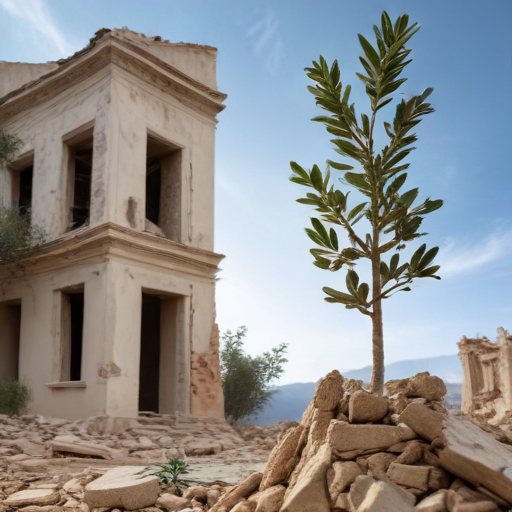In the aftermath of a ceasefire that took effect at 4 AM, residents in southern Lebanon, particularly in the suburbs of Beirut and the Bekaa Valley, are beginning to return after enduring months of displacement due to escalating violence. The UN refugee agency, UNHCR, noted significant traffic along the Beirut to southern highway as people made their way back home, hopeful for a return to normalcy.
The conflict, which escalated in September, resulted in thousands of civilian deaths and displaced over 886,000 individuals, as reported by the International Organization for Migration (IOM). In light of these challenges, UNHCR has mobilized aid efforts, dispatching 11 trucks with emergency supplies to over 3,100 people in Baalbek. The supplies include blankets, mattresses, winter clothing, and basic necessities to ensure that displaced families can stay warm during the cold season.
UNICEF and WHO leaders echoed support for the ceasefire, emphasizing the need for sustained efforts to protect vulnerable populations, especially children. UNICEF Executive Director Catherine Russell highlighted the trauma experienced by families across Lebanon and called for urgent measures to restore stability and safety.
In Gaza, however, conditions remain dire, as the conflict continues to take a toll on communities. The UN Relief and Works Agency for Palestine Refugees (UNRWA) reported ongoing bombardment, with northern areas under siege for over 50 days. The health system is under significant strain, particularly at Kamal Adwan hospital, which is in urgent need of medical supplies and specialized personnel.
Amid these struggles, the nutritional crisis in Gaza is worsening, with alarming increases in the number of children suffering from acute malnutrition. The World Food Programme has reported that severe supply shortages have led to all bakeries shutting down, leaving families grappling with food scarcity.
Despite the challenges, the recent ceasefire in Lebanon offers a glimmer of hope. It presents an opportunity for humanitarian efforts to accelerate, providing essential aid to families in need and laying the groundwork for long-term recovery and rebuilding. Stakeholders are urged to commit to lasting peace and facilitate the safe return of displaced individuals to their homes, ensuring that children and families can access vital services, thus fostering a resilient community ready to heal from the traumas of war.
In summary, while the ceasefire brings hope to residents of Lebanon returning home, the humanitarian crises in both Lebanon and Gaza continue to require urgent attention and support to ensure a stable and peaceful future for all affected civilians.
